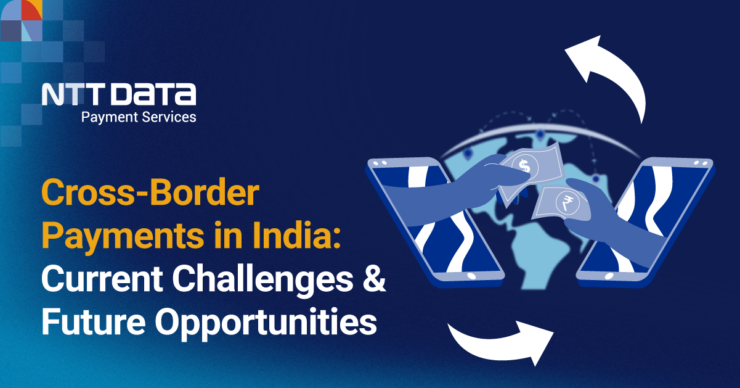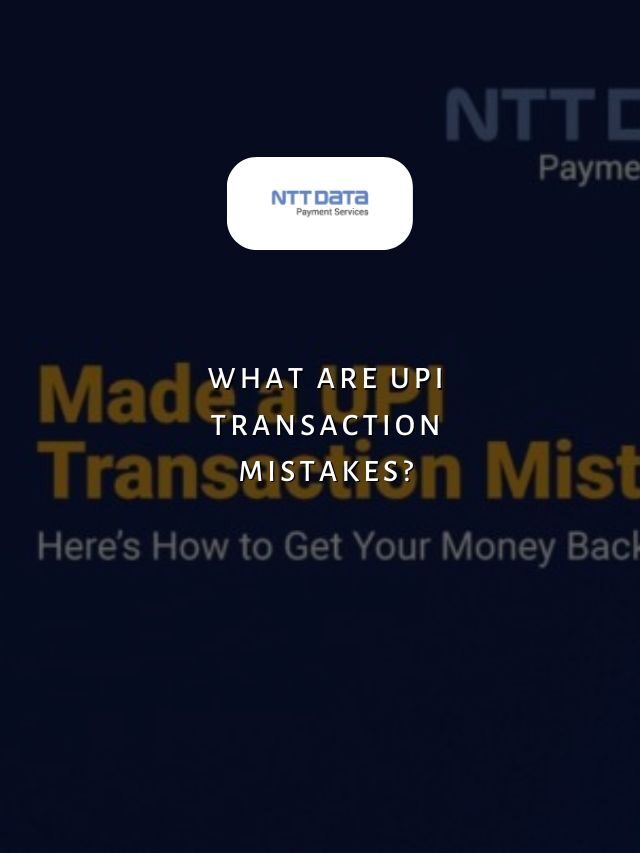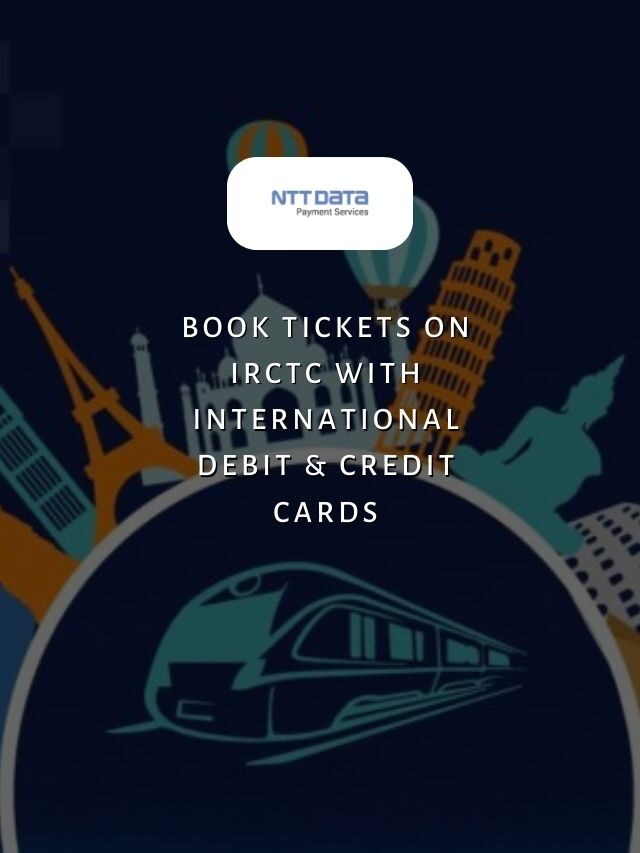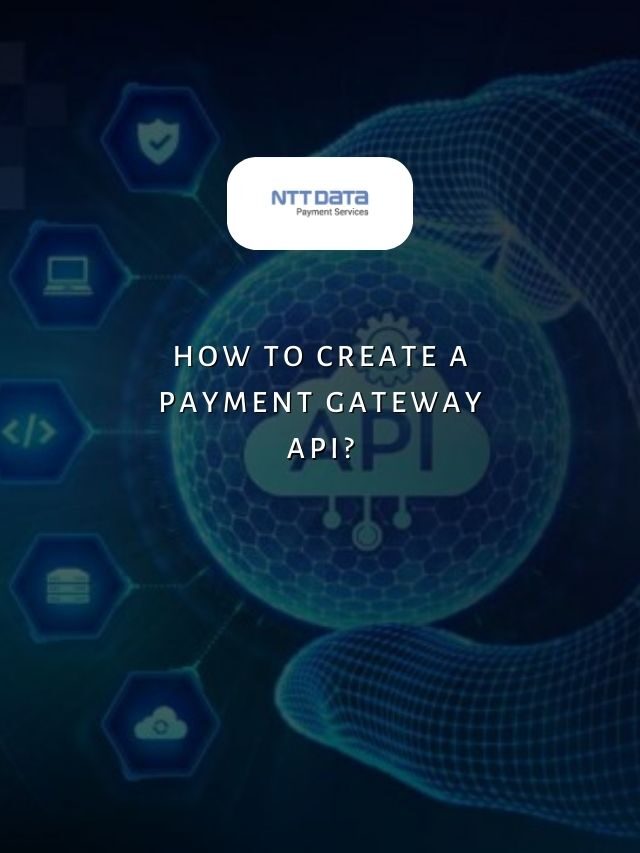
Table of Contents
- 1 What are Cross Border Payments, and How Do They Work?
- 2 Recent Web Stories
- 3 4 Common Steps Involved in Making Cross Border Payments
- 4 The Benefits of Cross Border Transactions
- 5 6 Current Challenges in Cross Border Payments
- 6 What is the Future of Cros Border Payments?
- 7 Enjoy Multiple Payment Solutions With NTT DATA Payment Services
- 8 Conclusion
- 9 Frequently Asked Questions (FAQs)
In today’s interconnected world, cross border payments have become vital to international trade and commerce. As one of the world’s fastest-growing economies, India plays a significant role in global trade and has many individuals and businesses engaging in cross-border payments. However, the process of making or receiving cross border payments in India is not without its challenges.
In this blog, we will explore the current challenges businesses and individuals face in making cross border payments in India and discuss the future opportunities that lie ahead.
What are Cross Border Payments, and How Do They Work?
Cross border transactions are becoming more prevalent in today’s globalized economy as companies and people look to enter new markets, enhance their clientele, and gain from the lower production costs and improved efficiency of global trade. Cross border payments are transactions between people or businesses operating in different countries.
These exchanges may involve the sale of goods and services, investments, or transfers of money. Cross border payments are essential to the global economy, facilitating international trade and investment.
Recent Web Stories
4 Common Steps Involved in Making Cross Border Payments
1. Initiation
The payer initiates the transfer of funds and supplies the appropriate details, including the recipient’s name, bank name, account number, and amount to be transferred.
2. Authorization
The payer’s bank, which confirms the account information, the availability of funds, and compliance with legal requirements, authorizes the payment.
3. Clearing
The payment is then processed through the appropriate payment network, which verifies the recipient’s account details and transfers the funds to the recipient’s bank.
4. Settlement
The payment is settled between the payer’s and recipient’s banks, with the corresponding accounts adjusted accordingly.
The Benefits of Cross Border Transactions
Cross border transactions bring several benefits to businesses and individuals, including
- Increased market access: Thanks to cross border transactions, businesses can broaden their reach and enter new markets, helping them diversify their clientele and boost sales.
- Enhanced competitiveness: Businesses can gain a competitive edge by accessing new technology, resources, and people by entering new markets, which will increase their level of competitiveness in general.
- Improved efficiency: Cross border business transactions can help organizations streamline their production and supply chain operations, saving costs and boosting productivity.
- Diversification of risk: A company’s exposure to risks like political unpredictability, natural calamities, and economic downturns can be reduced by diversifying operations across international borders.
- Greater innovation: International collaboration can lead to new ideas and innovation, driving growth and development in various industries.
6 Current Challenges in Cross Border Payments
Despite the benefits of cross-border payments, there are various challenges that businesses and individuals face when making or receiving international payments.
Some of the current challenges in cross border payments include
- Cost: High fees and foreign exchange expenses are frequently associated with cross-border payments, which can be a substantial obstacle for both organizations and individuals.
- Time-consuming: Cross-border payments can be difficult and time-consuming to complete since they sometimes involve several intermediaries and take a long time to settle.
- Compliance: Cross-border payments must adhere to some regulatory requirements, including rigorous know-your-customer (KYC) checks.
- Security: Businesses must implement strong security measures since cross-border payments are subject to fraud and cybersecurity risks.
- Limited access: Some countries and regions have limited access to international payment networks and financial services, which can hinder cross-border transactions.
- Currency fluctuations: Businesses and people involved in cross-border transactions may be at risk due to exchange rate volatility, which could result in unforeseen expenses and losses.
What is the Future of Cros Border Payments?
The future of cross-border payments will likely be shaped by various trends and developments, including technological advancements, regulatory reforms, and changing consumer preferences.
Here are some of the key trends that are expected to shape the future of cross border payments
- Blockchain technology: Thanks to blockchain technology, cross-border payments could transform, making transactions quick, secure, and transparent.
- Mobile payments: Cross border mobile payments are projected to rise as smartphones and mobile payment platforms are more widely used, providing consumers with more convenience and flexibility.
- Central Bank Digital Currencies (CBDCs): By lowering costs and boosting efficiency, CBDCs have the potential to completely alter the cross border payments landscape.
- Regulatory reforms: Governments and regulatory bodies are expected to continue to take steps to simplify and harmonize cross-border payment regulations, reducing barriers to entry and facilitating international trade.
- Increasing globalization: The demand for cross-border payments is projected to rise as international trade and investment continue to expand, spurring innovation and competition in the payments sector.
Overall, the future of cross-border payments is expected to be characterized by greater efficiency, transparency, and convenience, driven by advances in technology and regulatory reforms. While challenges such as compliance and security will persist, businesses and individuals are likely to benefit from faster, cheaper, and more seamless cross-border payment options in the years to come.
Enjoy Multiple Payment Solutions With NTT DATA Payment Services
Cross border payments have become an essential aspect of global trade and commerce, connecting businesses and individuals worldwide. There’s a constant need for innovative and cost-effective solutions for cross border payments, enabling faster, more secure, and seamless transactions.
NTT DATA Payment Services offers a complete payment solution to advance both your offline and online businesses from,
- Online Payment Gateway
- POS machines
- IVR payments
- Mobile applications, and
- Bharat QR Scan and Pay
We ensure maximum comfort, convenience, and safety for all your payments.
Conclusion
In conclusion, cross-border payments play a vital role in facilitating global trade and commerce. However, in India, there are significant challenges that businesses and individuals face while making or receiving cross border payments.
The adoption of innovative technologies, partnerships, and collaborations with international payment networks can further accelerate the transformation of the payment landscape in India, enhancing its position as a leading player in the global market, and providing a seamless payment experience for businesses and individuals.
| Also, you can get frequent updates on nttdatapayments Instagram page. |
Frequently Asked Questions (FAQs)
1. Why are cross border payments expensive?
Cross-border payments are expensive due to the involvement of multiple intermediaries, currency conversion fees, and regulatory compliance costs.
2. What are border payments in blockchain?
Cross-border payments in blockchain refer to using blockchain technology to transfer funds between parties in different countries, enabling faster and cheaper transactions.
3. What is cross border payments regulation?
Cross-border payments regulation refers to laws and policies governing the transfer of funds across borders, such as anti-money laundering and sanctions laws, to prevent illicit activity.







